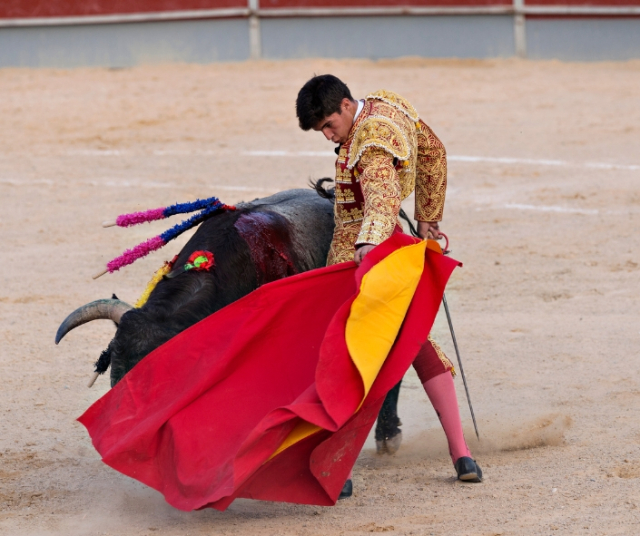Spanish festivals and traditions are known throughout the world for their color, joy and diversity. From the famous bullfights to religious celebrations, Spain has a wide variety of festivities that attract thousands of tourists every year. Let's explore some of the most important festivals and traditions in Spain.
The Holy Week:
Holy Week is one of the most important religious festivals in Spain. During this week, Spanish cities and towns celebrate the death and resurrection of Jesus Christ with processions and street parades. The processions are accompanied by music bands and brotherhoods of penitents who carry religious images. The most famous cities to celebrate Holy Week in Spain are Seville, Malaga and Cordoba.
The Fair of April:
The April Fair is one of the most emblematic festivals in Spain. It is celebrated in Seville during the week following Holy Week. The fair is a big event where people dress up in traditional Andalusian costumes, ride horses and carriages, and enjoy typical food and music. It is one of the biggest festivals in Spain, and it is a great opportunity to get to know the Andalusian culture.
The Fallas:
Las Fallas is a festival that is celebrated in Valencia in March. During this festival, large sculptures of wood and papier-mâché, called "fallas", are built and burned in a large bonfire on the night of March 19, the day of San José. In addition to the burning of the fallas, the festival includes parades, music and dancing in the streets.
The Tomatina:
La Tomatina is a festival that takes place in Buñol, Valencia, on the last Wednesday of August. The party consists of a huge tomato fight in which people throw tomatoes at each other. La Tomatina attracts thousands of tourists every year and is one of the most fun festivals in Spain.
The San Fermin Fair:
The San Fermín Fair is one of the best-known festivals in Spain. It is held in Pamplona, Navarra, for a week in July. The festival is known for its bullfights and for the race of the bulls through the streets of Pamplona. The San Fermín Fair is a unique experience that attracts many tourists from all over the world.
Spanish festivals and traditions are a sample of Spain's rich cultural heritage. In addition, these festivals are a unique opportunity to learn about Spanish culture, gastronomy and customs. If you have the opportunity to visit Spain during one of these festivities, do not hesitate to do so, you will not regret it!
